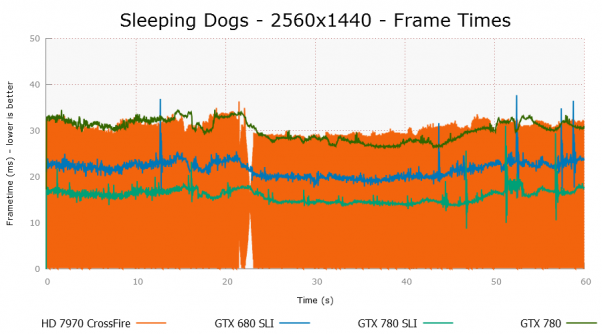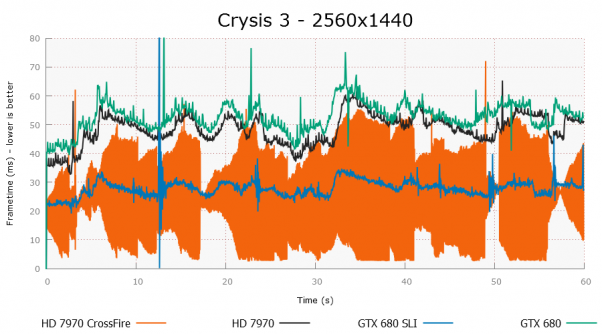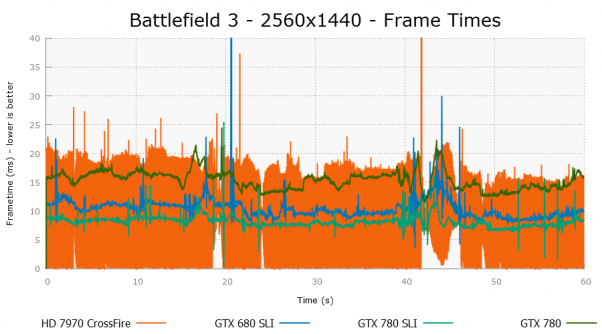Caporegime
- Joined
- 9 Nov 2009
- Posts
- 25,829
- Location
- Planet Earth
Single card
http://hexus.net/tech/reviews/graphics/55445-nvidia-geforce-gtx-780/
http://techreport.com/review/24832/nvidia-geforce-gtx-780-graphics-card-reviewed
http://www.tomshardware.com/reviews/geforce-gtx-780-performance-review,3516.html
http://www.anandtech.com/show/6973/nvidia-geforce-gtx-780-review
http://www.techpowerup.com/reviews/NVIDIA/GeForce_GTX_780/
http://www.techpowerup.com/reviews/Gigabyte/GeForce_GTX_780_OC/
http://www.guru3d.com/articles_pages/geforce_gtx_780_review,1.html
http://www.guru3d.com/articles_pages/gigabyte_geforce_gtx_780_windforce_oc_review,1.html
http://www.computerbase.de/artikel/grafikkarten/2013/nvidia-geforce-gtx-780-im-test/
http://www.hardware.fr/articles/894-1/nvidia-geforce-gtx-780-test-gk110-tous-ou-presque.html
http://www.hardwarecanucks.com/foru...iews/61310-nvidia-geforce-gtx-780-review.html
http://www.vortez.net/articles_pages/nvidia_gtx_780_review,1.html
SLI
http://hexus.net/tech/reviews/graphics/55577-kfa2-geforce-gtx-780-sli/
http://www.techpowerup.com/reviews/NVIDIA/GeForce_GTX_780_SLI/
http://www.guru3d.com/articles_pages/geforce_gtx_780_sli_review,1.html
http://hexus.net/tech/reviews/graphics/55445-nvidia-geforce-gtx-780/
http://techreport.com/review/24832/nvidia-geforce-gtx-780-graphics-card-reviewed
http://www.tomshardware.com/reviews/geforce-gtx-780-performance-review,3516.html
http://www.anandtech.com/show/6973/nvidia-geforce-gtx-780-review
http://www.techpowerup.com/reviews/NVIDIA/GeForce_GTX_780/
http://www.techpowerup.com/reviews/Gigabyte/GeForce_GTX_780_OC/
http://www.guru3d.com/articles_pages/geforce_gtx_780_review,1.html
http://www.guru3d.com/articles_pages/gigabyte_geforce_gtx_780_windforce_oc_review,1.html
http://www.computerbase.de/artikel/grafikkarten/2013/nvidia-geforce-gtx-780-im-test/
http://www.hardware.fr/articles/894-1/nvidia-geforce-gtx-780-test-gk110-tous-ou-presque.html
http://www.hardwarecanucks.com/foru...iews/61310-nvidia-geforce-gtx-780-review.html
http://www.vortez.net/articles_pages/nvidia_gtx_780_review,1.html
SLI
http://hexus.net/tech/reviews/graphics/55577-kfa2-geforce-gtx-780-sli/
http://www.techpowerup.com/reviews/NVIDIA/GeForce_GTX_780_SLI/
http://www.guru3d.com/articles_pages/geforce_gtx_780_sli_review,1.html
Last edited:












